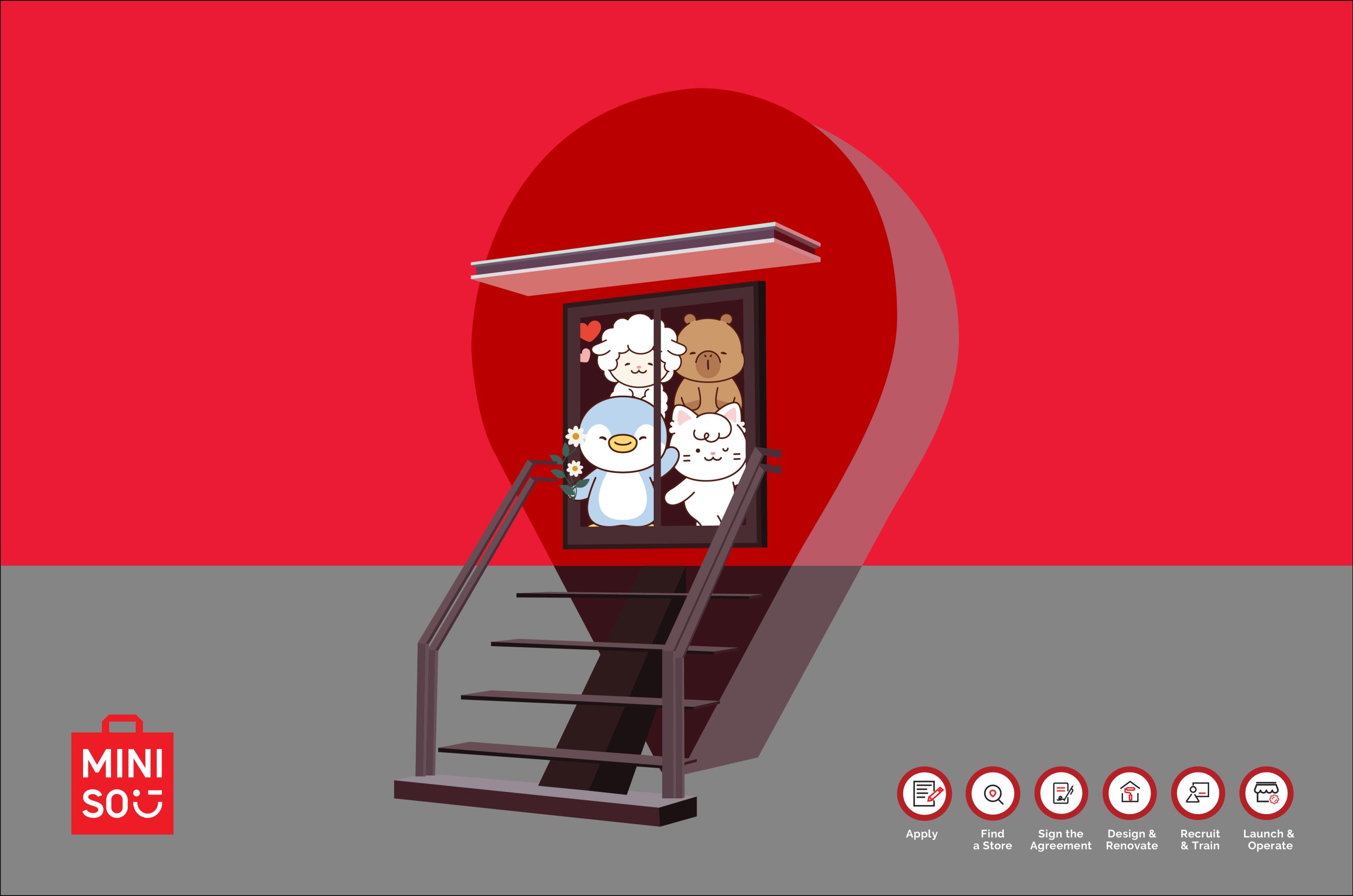With so many companies opening up offices in Bangladesh in an ever-expanding NGO, garments and IT industries, we see a lot of expats coming in to work. It’s almost no news that the way they would like to think and perceive the surrounding and what they consider to be as acceptable work norm vary from our own. In an increasingly globalized world, more and more Bangladeshi professionals also find themselves traveling to new places and interacting with people from different cultural backgrounds. During these interactions, it is important to be aware of the cultural differences and sensitivities of all parties involved. Minor cultural mishaps that are easily overlooked in social interactions can become serious transgressions when applied to the professional environment, where important business deals, respect, and goodwill are at stake. In both cases, we as Bangladeshis experience an acute culture shock while interacting with colleagues and stakeholders in a new environment abroad. How we prepare and cope with this shock defines our future success in the professional world.
We must take into consideration some very basic points and prepare ourselves mentally before getting into a new work environment where we have to interact regularly with people from diverse backgrounds and cultures. Below are a few questions every traveling business executive should ask himself or herself:
Do your peers come from a collective social background or a more individualistic society?
This is important because it can affect both the way the other makes decisions and the way they perceive you. Americans tend to be more individualistic and can be perceived as aggressive in their business dealings. Europeans tend to rely on input from a number of people. On the other hand, Asians wish to get to know you better on a more personal level before actually start dealing with you.
Finding out more about their background enables you to know how to approach them and break the ice early on. Synergy is important in corporate culture and knowing the mindset of your colleague will help you collaborate with them as well.
How do your colleagues communicate?
While in some cultures, expressing emotions during business dealings are acceptable, in others, such as with the Japanese, this is considered an inappropriate loss of self-respect. It is useful to find out what kinds of emotional expressions are considered negative by the counterpart in order to avoid making a bad impression. How you communicate will determine how fast you can manage the people around you and get things done quickly.
Is your new workplace formal or casual in approach?
It is important to know how people interact in your work environment. While for some cultures relative informality and familiarity among workmates are acceptable, for others it is a shocking sign of disrespect and a breach of personal space. While Latin-based cultures are generally noted for their warm behavior, they generally strictly adhere to a formal approach when addressing superiors or elders. British prefer to have a formal work environment as well where a clear chain of command and communication is appreciated. Dress code tends to be very important to Europeans. Americans tend to be very informal in their approach, communication and even dress code.
Do your colleagues value structure or flexibility?
Learning how a culture perceives time and deadlines can save a lot of confusion and frustration for everyone. German cultures are very strict about scheduling and structure, whereas the French perceive these to be less important than actually achieving the established objectives in a satisfactory and thorough manner. Knowing who you work for will enable you to establish a mindset that best suits your expectations and performance thereof.
But even after all the preparations, you may feel out of place. Coping with culture shock is not easy, as it doesn’t come from a specific event. It is caused by encountering different ways of doing things, being cut off from cultural cues, having your own cultural values brought into question, feeling that rules are not adequately explained, and being expected to function with maximum skill without adequate knowledge of the rules.
So you must learn to cope through the following:
• Learn as much as possible about your new organization and their background.
• Find logical reasons for cultural differences. Many have evolved over time for very specific purposes that are no longer apparent.
• Identify a colleague or mentor whom you can trust and discuss your problems. Mention specific incidents, tell how you would do it differently and ask what you must have missed in a particular encounter.
• Have faith in yourself that you will survive and cope and have a positive experience. This faith in yourself that you have the drive and energy to learn about a new culture will inevitably pay great dividends and make for the remarkable experience it should be.
Bangladesh is becoming a very important economic powerhouse. With this distinction comes the responsibility for us to grow and adapt as professionals. The only way we can do so is by understanding our limitations; if possible anticipate the impending culture shock, and prepare ourselves for it.















